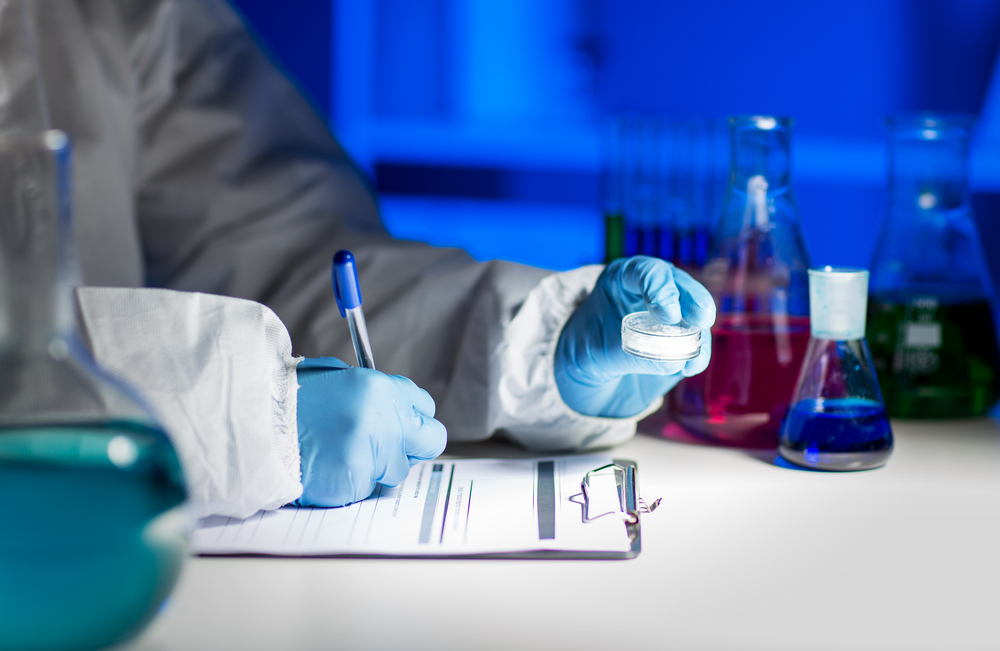Eli Lilly & Co. Ends Partnership with UCSD for Asymptomatic Alzheimer’s Disease Study With Solanezumab
Written by |

Soon-to-be former partners in a promising Alzheimer’s research program, Eli Lilly and Co. and the University of California San Diego (UCSD) have moved a step closer to ending the contract that covers the Anti-Amyloid Treatment in Asymptomatic Alzheimer’s disease (A4) study, a groundbreaking clinical trial that aims to test solanezumab.
This Phase 3 monoclonal antibody binds to soluble monomeric forms of amyloid-beta to facilitate clearance in the preclinical or asymptomatic stage of Alzheimer’s disease in patients assessed via PET scan who have amyloid deposits in their brain but have yet to show signs of memory impairment. Eli Lilly has shown its intent to end the contract with UCSD, which has been managing the A4 study through its Alzheimer’s Disease Cooperative Study (ADCS) at UCSD.
The director of ADCS, Dr. Paul Aisen, together with a number of staff members left UCSD to sign on with the University of Southern California. This has led to legal proceedings over the ethical nature of transfer of previously awarded grants for the study. Since then, Eli Lilly has been planning which course to take to be sure the A4 study continues.
The company has decided to prioritize the study’s participants’ safety, integrity of research findings, and maintenance of positive obligations with the regulatory sponsor. The A4 study will proceed as usual, while Eli Lilly discusses management transition with USC.
“Lilly continues to be committed to the continuation and completion of this landmark study,” said Phyllis Ferrell, Alzheimer’s Platform Leader for Lilly. “We are extremely grateful for the ongoing efforts of the A4 study participants, study investigators and the NIH. We wish to thank UCSD for its work to date and cooperation as the A4 study transitions. Lilly has many ongoing collaborations with researchers at UCSD and within the UC system more broadly, and nothing in our decision concerning the A4 study should be read to reflect any diminished enthusiasm in working with UCSD on these other important projects.”





